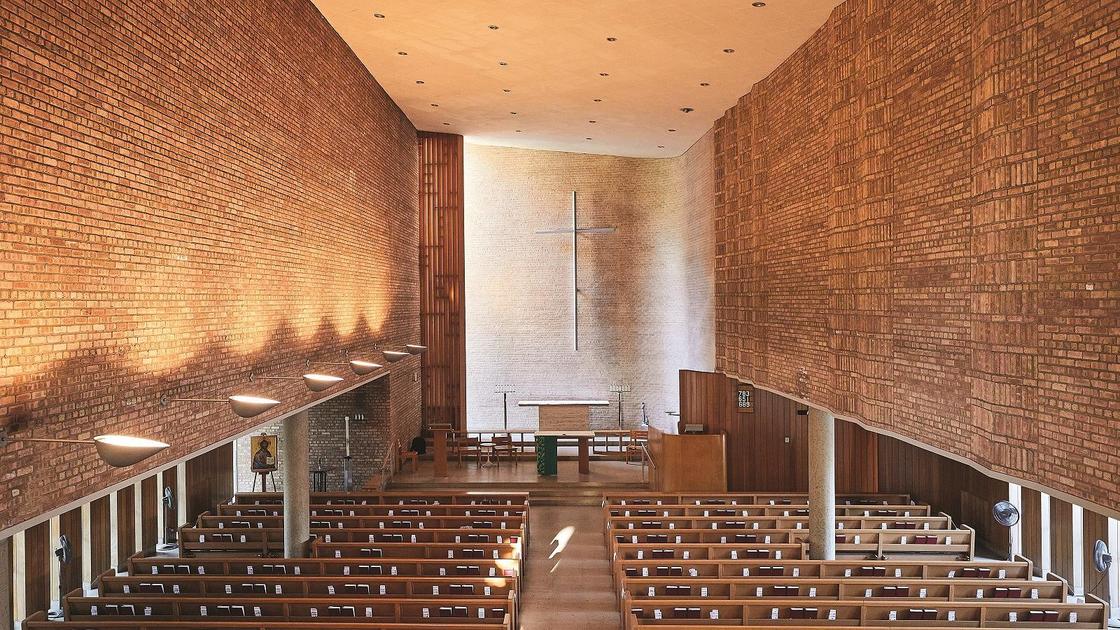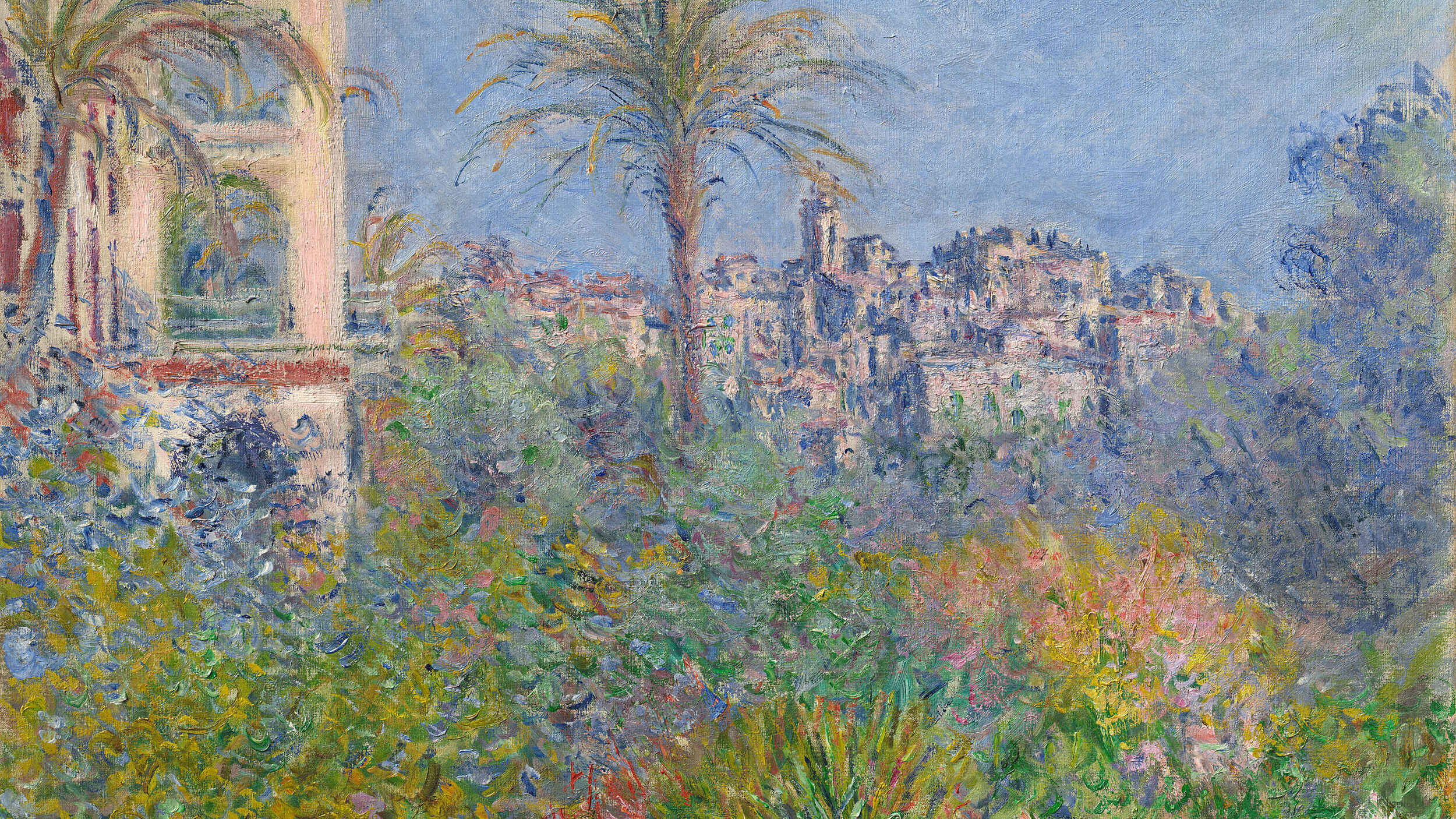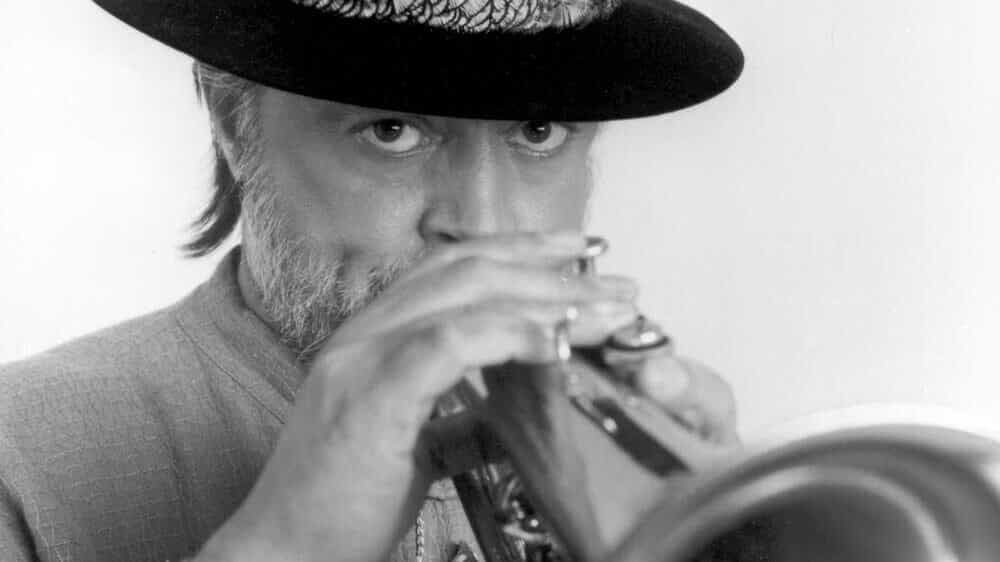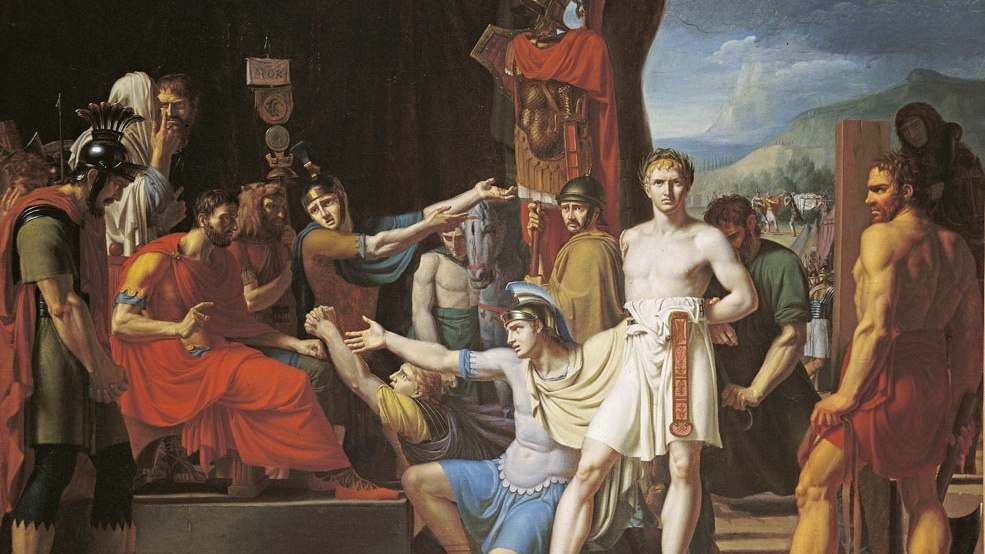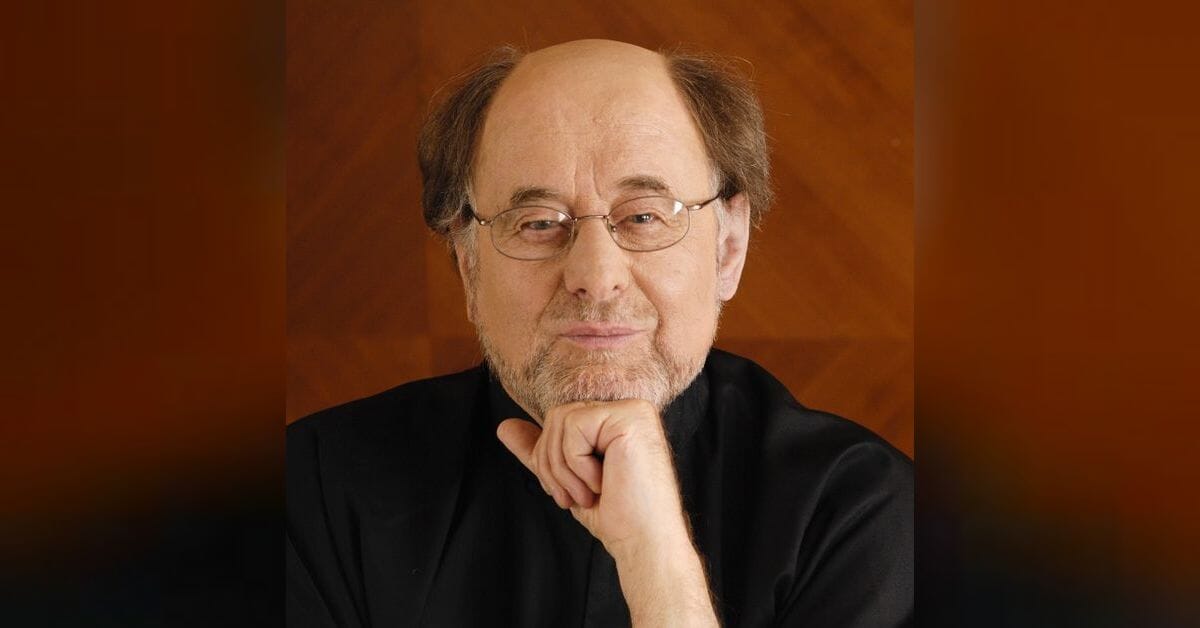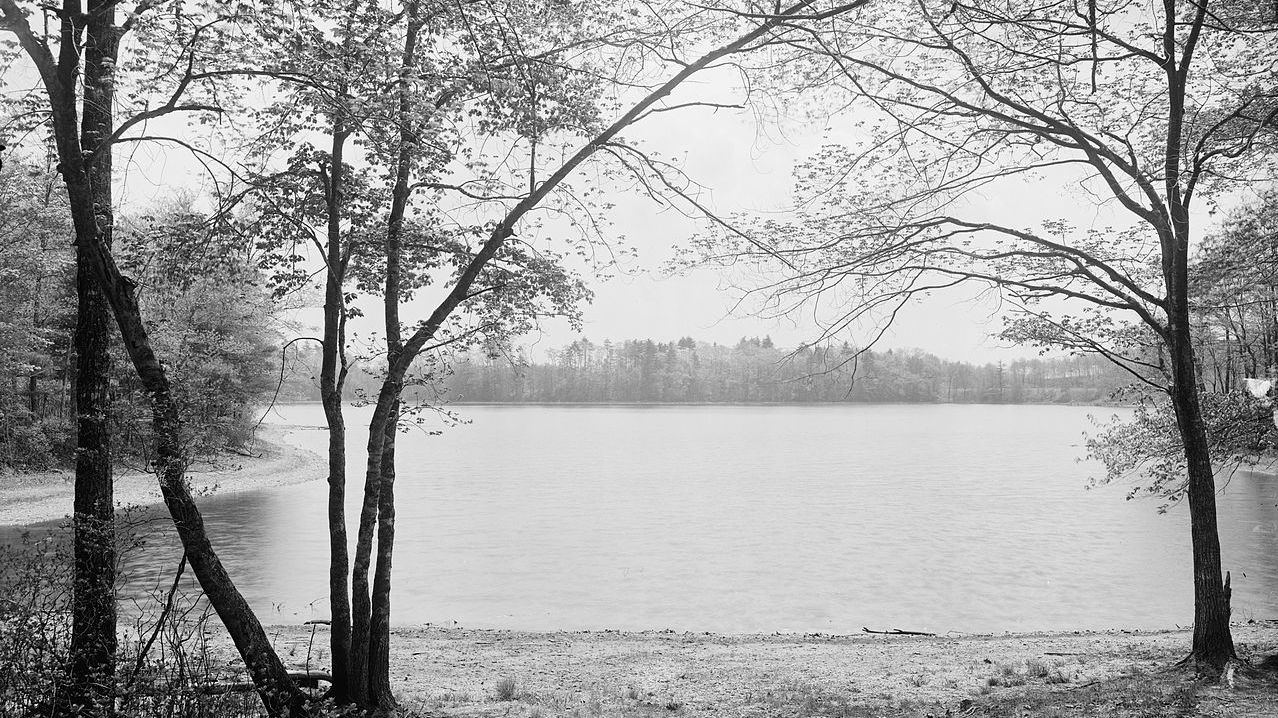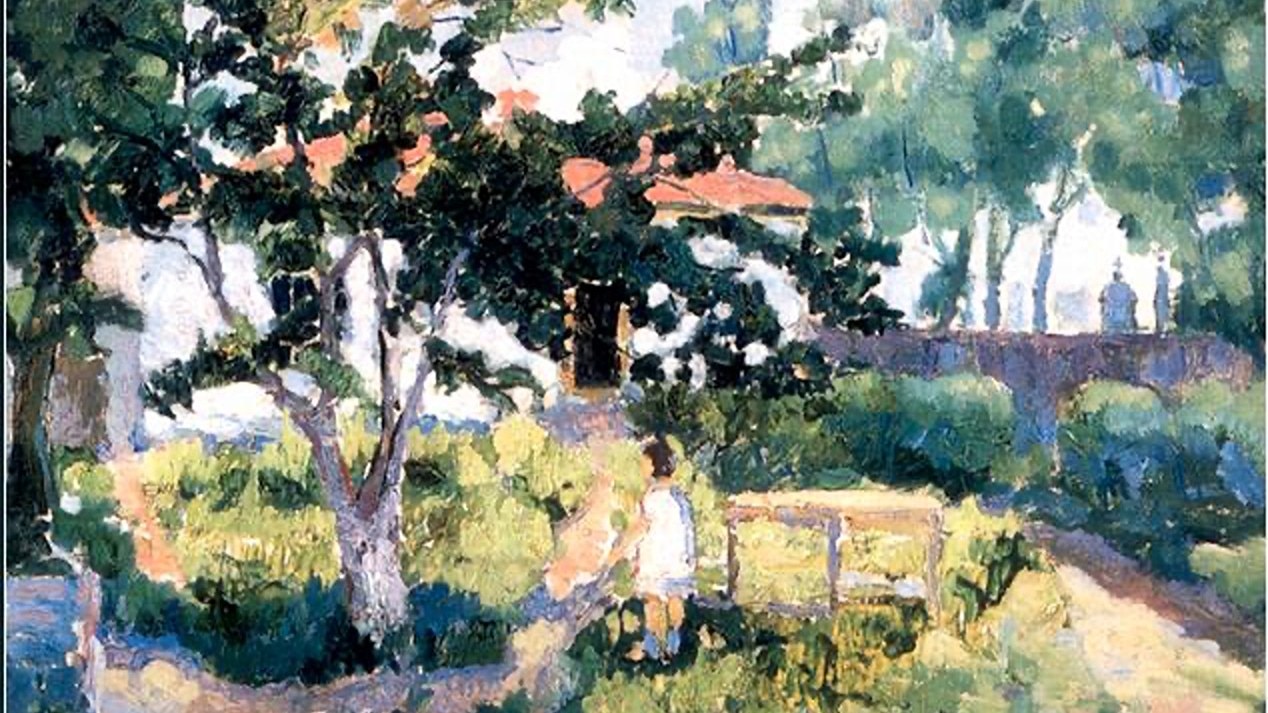Poulenc’s “Gloria”: Playful and Exuberant
When Francis Poulenc’s Gloria was first performed in 1961, some critics derided it as “sacrilegious.” With his setting of the liturgical text, scored for chorus, soprano solo, and large orchestra, Poulenc followed in the footsteps of composers such as Vivaldi and Handel. But here, the exalted text is approached, not with solemnity, but with playful exuberance. Mysticism blends with humor. There is a joyful sense of song, dance, and the sounds of a Parisian …

